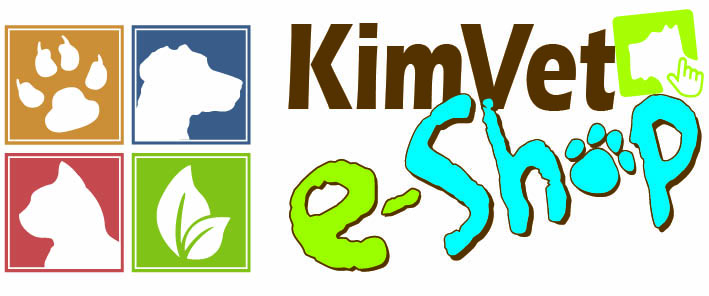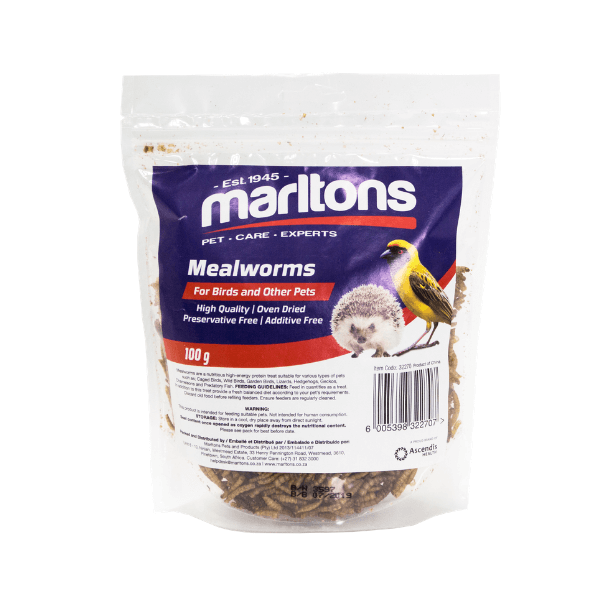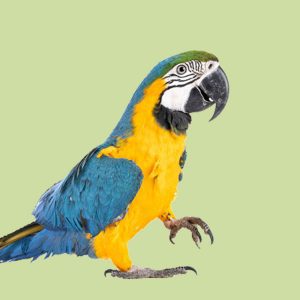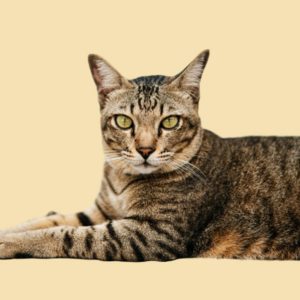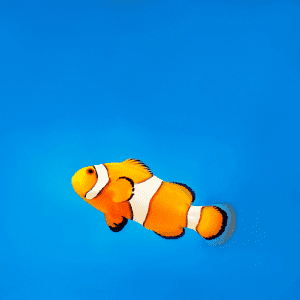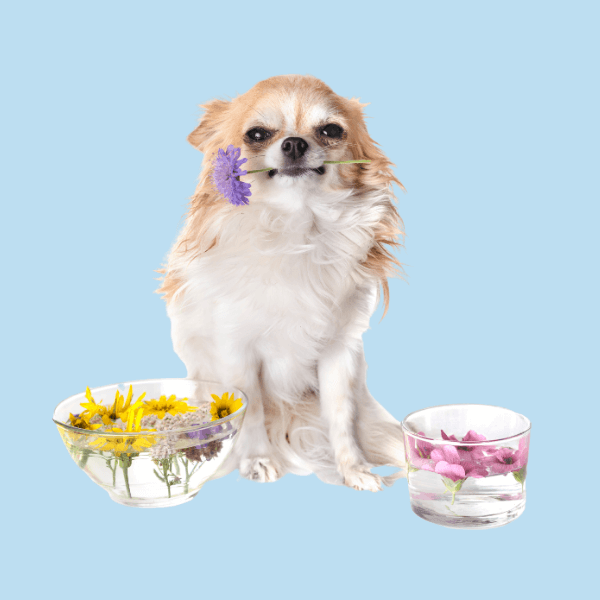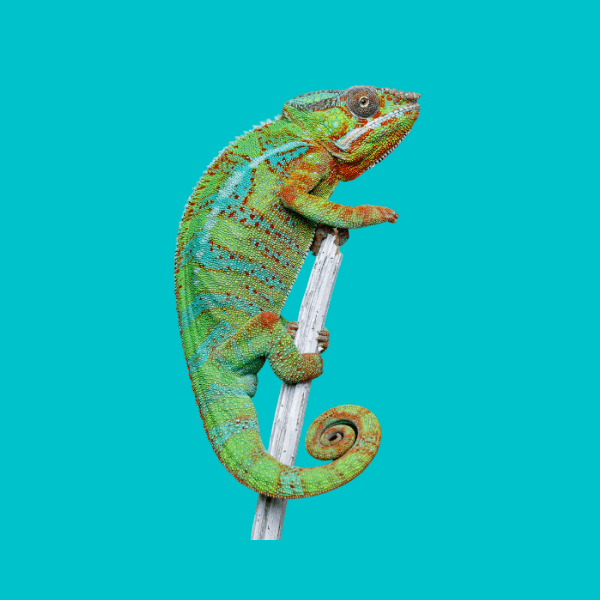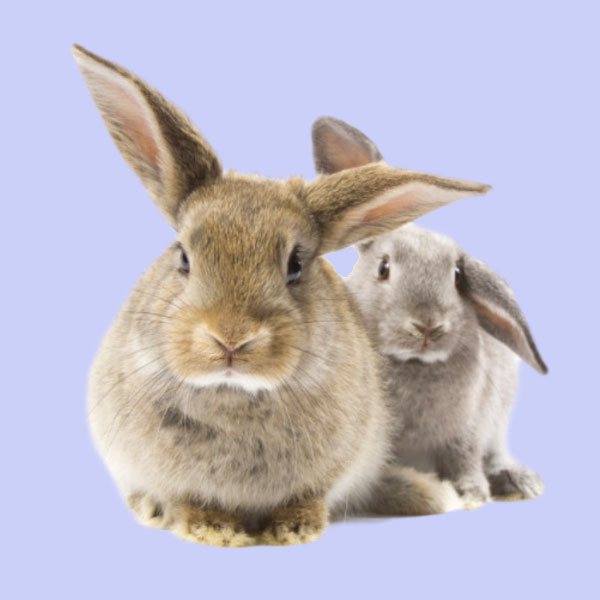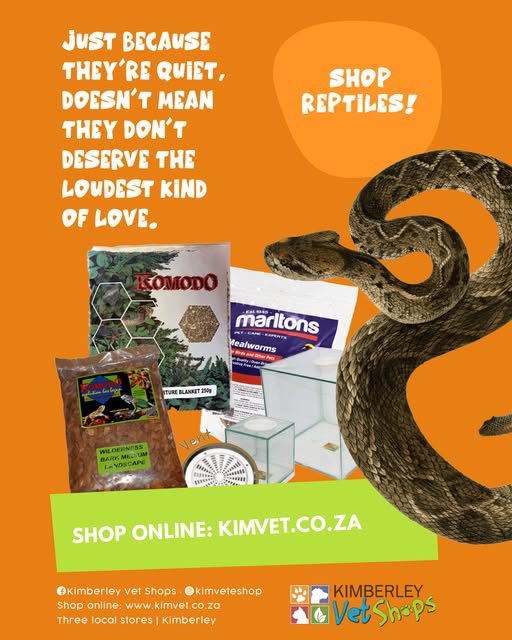
by Glixie Media | Jul 2, 2025 | Animal Behaviour, Exotics, Fun Facts!, Reptiles, What’s New
View All Reptile Pet Products Available In Our Shop
For reptile enthusiasts, there's a wealth of resources and products to ensure a thriving environment for their cold-blooded companions. From habitat setups to specialized diets and enrichment items, reptile keepers can find everything needed to create a comfortable and stimulating space for their pets. This includes items like basking platforms, hides, thermometers, and appropriate substrates, as well as specific food options for different species.
Essentials for Reptile Care:
Habitat Setup:
- Enclosure: Choose an appropriately sized enclosure that allows for adequate space to move, thermoregulate, and exhibit natural behaviors.
- Substrate: Select a substrate that is safe, absorbent, and easy to clean, such as paper towels, reptile carpet, or bioactive substrates like soil or moss.
- Hides: Provide multiple hiding places to help your reptile feel secure and reduce stress.
- Thermometers and Hygrometers: Essential for monitoring temperature and humidity levels, ensuring they are within the appropriate range for the species.
- Basking Spots: Create basking areas with appropriate heat sources like ceramic heat emitters, heat lamps, or basking bulbs to allow reptiles to regulate their body temperature.
Diet:
- Live Insects: Many reptiles thrive on a diet of live insects like crickets, mealworms, or dubia roaches.
- Frozen/Thawed Foods: Some reptiles can be fed frozen/thawed insects or rodents.
- Specialized Diets: Certain reptiles, like bearded dragons or tortoises, require specific diets with a balance of insects, vegetables, and/or fruits.
- Supplements: Ensure your reptile receives proper supplementation, such as calcium and vitamin D3, to prevent deficiencies.
Enrichment:
- Climbing Structures: Provide branches, logs, or artificial plants for climbing and exploration.
- Plants: Live or artificial plants can add visual interest and humidity to the enclosure.
- Food Dishes and Water Bowls: Choose appropriately sized dishes for food and water.
- UVB Lighting: Most reptiles require UVB lighting for proper vitamin D3 production and calcium absorption.
Health and Maintenance:
- Regular Cleaning: Keep the enclosure clean and remove waste regularly to prevent bacterial growth.
- Veterinary Care: Establish a relationship with a veterinarian specializing in reptile care.
- Observation: Monitor your reptile’s behavior and appearance for any signs of illness or stress.
By providing a well-maintained habitat, appropriate diet, and enrichment items, reptile keepers can ensure their cold-blooded companions thrive in a stimulating and healthy environment.
#petsupplies #petcare #shoplocal #petlovers #petproducts #smallpets #animalcare
Komodo Moisture Blanket 250g
Moisture Blanket can retain and hold up to 4 times it’s own volume, water and will only release it when needed.
Dried mealworms are loved by a vast array of animals from Poultry to Reptiles, from Garden Birds to Hedgehogs.
Wilderness Bark Landscape Medium 1kg
Wilderness Bark medium nuggets are great for reptiles that love humidity.
Like this:
Like Loading...
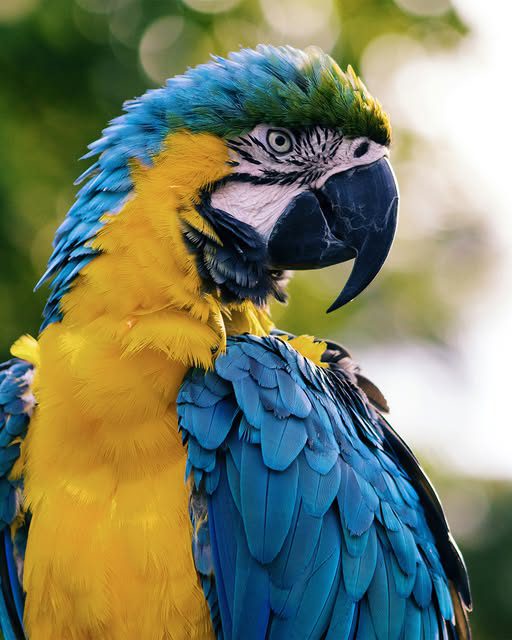
by Glixie Media | Jul 2, 2025 | Animal Behaviour, Birds, Exotics, Fun Facts!
View All Bird Products Available In Our Shop
Yes, it's true that parrots can perceive ultraviolet (UV) light, which impacts their color vision and how they interact with their environment, including other parrots. Unlike humans, parrots have a fourth type of cone in their eyes that is sensitive to UV light, allowing them to see a broader spectrum of colors. This ability affects how they see each other, as some plumage features that are invisible to humans are visible to parrots under UV light.
Here’s why this is significant:
Enhanced Color Perception:
Parrots can see colors that are invisible to the human eye, such as certain UV reflections on feathers or flowers.
Mate Selection:
UV reflective patterns on plumage play a role in mate selection for parrots, and they can perceive these differences that humans cannot.
Foraging:
UV vision can help parrots find food, as some fruits and insects might reflect UV light differently.
Social Interactions:
UV vision might influence how parrots recognize each other and navigate social situations.
Vitamin D:
UV light is essential for parrots to synthesize vitamin D, which is crucial for calcium absorption and overall health.
In essence, parrots experience a much richer and more vibrant world than humans due to their ability to see in the UV spectrum.
#petsupplies #petcare #shoplocal #petlovers #petproducts #smallpets #animalcare
KIMVET - Shop by Category - CAT PRODUCTS; Cat Food, Cat Deworming & Tick/Flea, Cat Treats, Cat Toys, Cat Beds, Cat Collars, Cat Harnesses, Cat Tags, Cat Carriers, Cat Litter, Trays & Accessories, Cat Bowls, Cat Grooming & More!
KIMVET - Shop by Category - DOG PRODUCTS; Dog Food, Dog Deworming & Tick/Flea, Dog Treats, Dog Toys, Dog Beds, Cushions & Blankets, Dog Clothing, Dog Collars, Dog Harnesses, Dog Leads, Dog Tags, Dog Bowls, Dog Grooming, Dog Training Solutions, Dog Accessories & More!
Like this:
Like Loading...
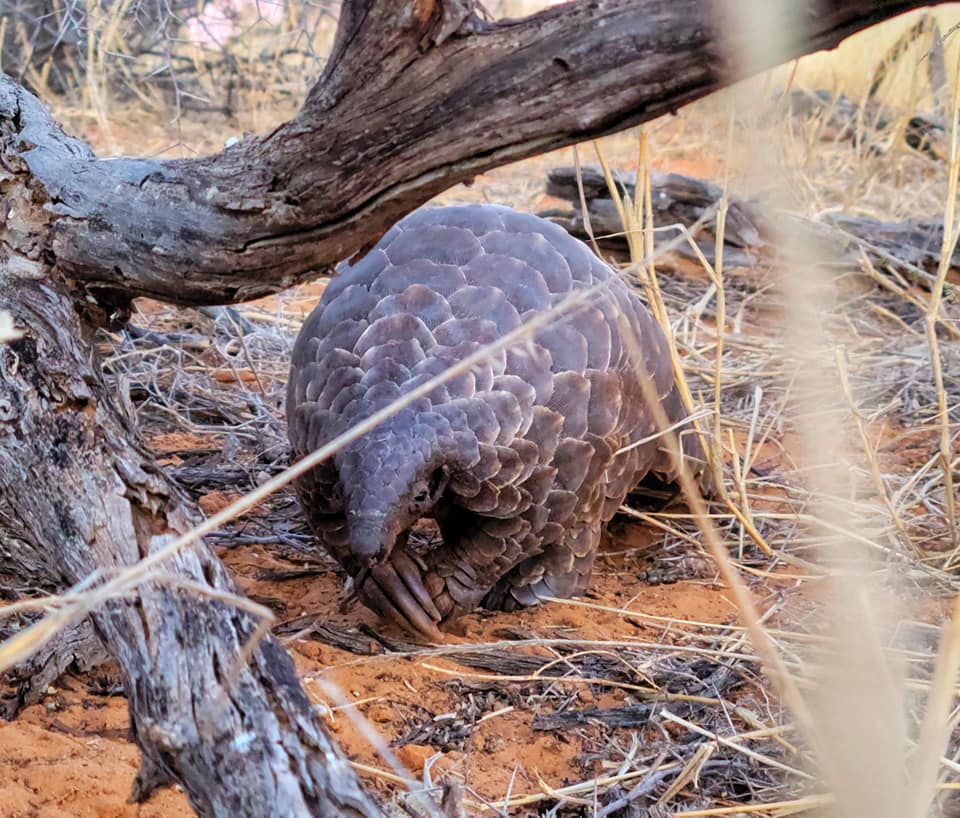
by Rina Van Eeden | Oct 21, 2021 | Exotics, Feel Good Stories
“There’s something special about it. I can’t explain it. But once you see this magical creature, you’ll know. To be able to follow her, to protect her, help her, is a feeling that cannot be described. It’s like walking on Holy ground.”
Most people you know have never seen a living pangolin. Most people don’t even know what a pangolin is. Also known as ‘the scaly anteater’, pangolins are often confused with reptiles, but is actually the only mammal entirely covered in scales.
While these creatures are elusive and not much is known about them, one thing we do know is that they are currently the most trafficked mammal in the world. More than 1 million pangolins have been poached during the last decade.
Why Are Pangolins In Danger?
After having annihilated almost all Asian species, rogues are now coming for our African pangolins. Not even their elusive nature is able protect them from poachers. When poached, they suffer the most horrific time. They starve, having been ripped from their natural habitat, are abused, shoved, haggled over and terrorised at the hands of their captors. A few lucky ones get saved, those who don’t, meet an unimaginable fate.
Their scales are used for absurd, bogus medicinal purposes that have no scientific backing. Their skin for accessories and their meat is seen as a delicacy. The irony? Their scales are made of keratin, the exact same thing our fingernails are made of!
“Everyone who comes into contact with them, everyone who works with them somehow spiritually connect to them. One stands there, spellbound, as if you could watch them forever.”
What we are concerned about right now is not just pangolins. We are facing a much greater disaster. The ecological effects would be astronomical, and, if we lose the pangolins, we lose the earth’s great gardeners.
Pangolins in South Africa Are In Trouble
It’s clear that the pangolins of Africa are in the middle of a destructive poaching storm. There is no doubt that they are in serious trouble and the signs do not point to a good outcome. They’ve been around for over 80 million years and it looks as if they could vanish in our lifetime, simply because of the greed of people. But, fortunately there are also people who inspire us and help protect these precious scaly anteaters. There are fearless individuals who aid in protecting these wonderful creatures increase our knowledge and help us save them.
Is there hope? The business of conservation must be run by optimists. You have to be optimistic, tenacious, so yes, there is hope! We are optimists.
To find out more about pangolins, please visit the EWT website – https://ewt.org.za/fs-july-2021-giving-a-voice-to-the-voiceless-the-role-of-impact-statements-in-wildlife-criminal-trials/
Like this:
Like Loading...
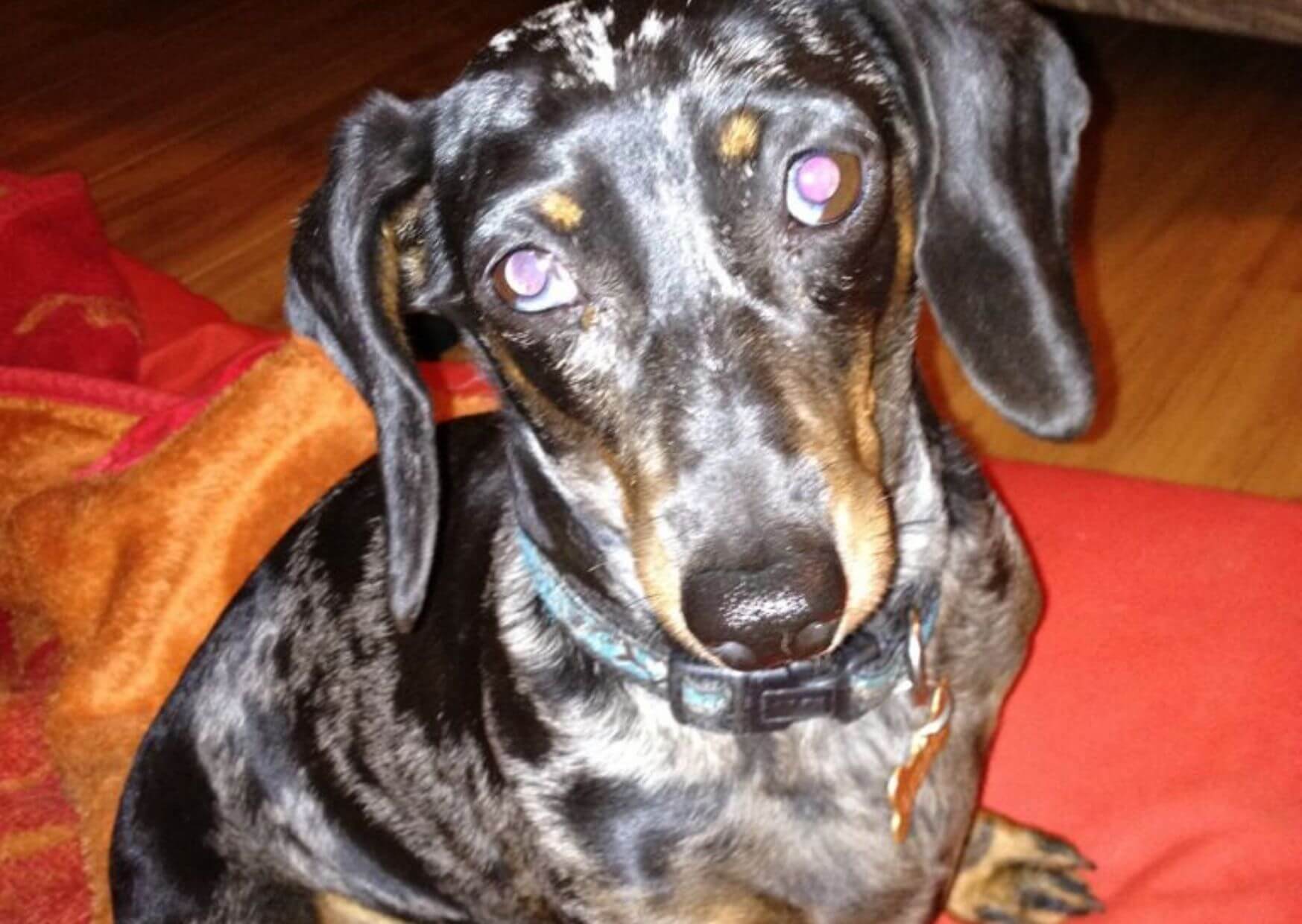
by Rina Van Eeden | May 4, 2021 | Cats, Dogs, Exotics
Dealing with the loss of a pet can be very difficult. Experiencing the death of a pet can come without notice. Things happen that are unexpected and incredibly painful. When we open our hearts and our homes to our furry, or not so furry, family members, pets and animal companions, we have hopes of a full, happy and healthy life for each of us.
Mostly, that is the case, but sometimes we don’t get that opportunity. Experiencing the death of a pet that is unexpected, sudden and tragic can leave a profound impact on us. So many times we can place unfair guilt on ourselves for the experience, blaming ourselves for what has happened.
Grief isn’t easy when it is expected and is even harder when it is not.
A common phrase we hear among the grieving is that one needs to “find closure”, but convoluted feelings arise when faced with ‘incomplete’ grief experiences. The truth is, many times we as pet owners cannot experience “closure” before being faced with the death of a pet.
Within the grieving process, our brain attempts to make sense of this profound experience. We try to believe that things happen for a reason, even if that reason leads us to blame ourselves. When something goes wrong, it is extremely important to remember that we didn’t plan for it to happen.
It Is Not Your Fault
Guilt is a powerful emotion that has a huge impact on our lives, consciously and unconsciously. Guilt makes us punish ourselves. Throughout the grieving process, we place a massive amount of guilt upon ourselves. This pressure, this guilt, leads to an increase in anxiety and even feelings of panic. We need to remember to allow ourselves to process through our emotions in a healthy way.
It can be easy to lose control quickly when we, consciously or subconsciously, place more and more pressure on ourselves. We can easily feel burdened, overwhelmed and feel that we are unable to meet our daily needs throughout the grieving process.
If you feel this happening to you, it can be helpful to ask ourselves, ”What would my pet want for me?”. Would your pet want you to blame yourself, or would they be understanding with you? Would they want for your happiness regardless of what happened? I would say so, without any hesitation. That’s just how amazing our pets are.
Remember, it is completely normal to experience many different emotions in the beginning of, and throughout the grieving process, especially when it comes to facing the sudden death of your pet.
It is important to experience healthy distractions. A healthy distraction could be as simple as a walk through the park. It may be a close, understanding friend taking us out for coffee and laughing about something small. It may be when you’re reminiscing of fond memories of your pet and smile – it is so important to talk about what you are feeling.
These distractions are fundamental and allow us, even if just for a moment, to unburden ourselves. Grieving is hard work, it is extremely taxing on our body, but it is also a crucial thing to experience.
Grief is a Moment-to-Moment Process
If you take no other advice from this, remember that grief is a moment-to-moment process. It can be too hard to ask for even one day at a time, because a day can seem endless when we feel overwhelmed by our grief.
Remember that in this moment and with every emotion our body is processing through our grief. Please know that you are not alone. We are always here for you.
For more resources on how to cope with your pet’s death, please read this petMD article – https://www.petmd.com/dog/care/coping-your-pets-death-important-guide
Like this:
Like Loading...

by Rina Van Eeden | May 18, 2020 | Exotics, Fun Facts!, Patient of the Week
Our patient of the week, Tank the Tortoise. This little guy is an absolute fighter, even though he’s smaller than a 2ml syringe!
Tank is a Leopard Tortoise.
Although Leopard Tortoises live a long time in captivity, they seldom thrive! In fact, they slowly become anorexic and nutritionally deficient and, unfortunately, their owners rarely notice because of their shell.
The reason they become nutrient-deficient is that, in the wild, they are highly selective feeders and eat exactly what they need to maintain optimal health!
What they are fed in captivity is very rarely correct or sufficient.
Fun Fact: One of their main sources of protein and calcium is from eating carnivore poop!
Also, they carry a number of undesirable diseases…
These are some of the main reasons it is imperative to have a permit from Nature Conservation to keep any animal found in the wild.
It is highly discouraged for people to try turn them into pets!
Young tortoises, like Tank, are highly vulnerable to predators like dogs, cats, jackals, crows, birds of prey and mongooses because their shells are still very soft.
We suspect he was chomped on by a dog.
(By the way, this is hands down the cutest bandage we’ve ever done!)
He has been safely handed over to the dedicated staff in the Zoology department of the McGregor Museum, who have agreed to help save this adorable reptile. They will monitor him closely and keep him healthy until he can be released into the wild.
Thank you to the wonderful people who brought him to our clinic. The world needs more people as compassionate as you!
Like this:
Like Loading...

